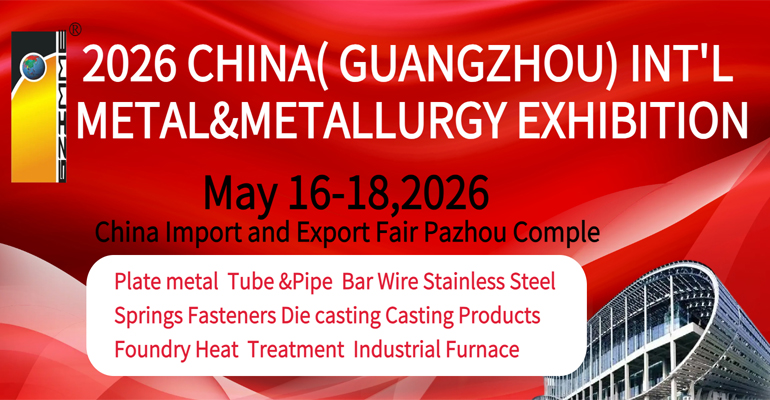ArcelorMittal and Sekisui Chemical have been partnering on a project to capture and reuse CO2 emitted during steelmaking. As part of this partnership, the two companies have been supported by the New Energy and Industrial Technology Development Organization (NEDO), Japan’s national research and development agency, and have launched an “International collaboration on CCU for circular carbon in Steelmaking” (NEDO project), scheduled for three years from 2021.
One of the research topics is to develop a fundamental technology for Synthesis Gas (carbon monoxide and hydrogen) production using Sekisui Chemical’s unique chemical looping technology.
Through tests using actual blast furnace gas at ArcelorMittal’s plant in Asturias, Spain, a CO2 conversion rate of 90pct and a hydrogen conversion rate of 75pct has been achieved, higher than the project target of a CO2 conversion rate of 85pct or higher and a hydrogen conversion rate of 60pct or higher using this technology. To obtain these results, it was important to carry out a CO2 capture process reaching 90pct of CO2 purity.
As a next step, the two companies will further optimize the conditions, replace the catalyst with a high-performance one, and conduct a long-term test with a higher reaction yield by December 2023. At the same time, they will consider new projects to demonstrate the ability to scale up the new technology.
Steelmaking accounts for 7-9 pct of global CO2 emissions. The blast furnace process in particular, which produces pig iron from iron ore, accounts for about 70pct of CO2 emissions in the steel industry, and therefore reducing these emissions is a major challenge for the steel industry. In the NEDO project, CO2 separated and captured from blast furnace gas is converted to Synthesis Gas (a mixture of CO and H2) through a chemical process. The converted syngas is introduced into the blast furnace as a reduction agent to replace coke (CCU for carbon circulation in steelmaking). Through the project, the companies will demonstrate technologies that contribute to the effective use of CO2 and CO2 reduction.
In addition to completing the NEDO project, both companies aim to launch a new project to demonstrate the ability to scale up for commercialization.


